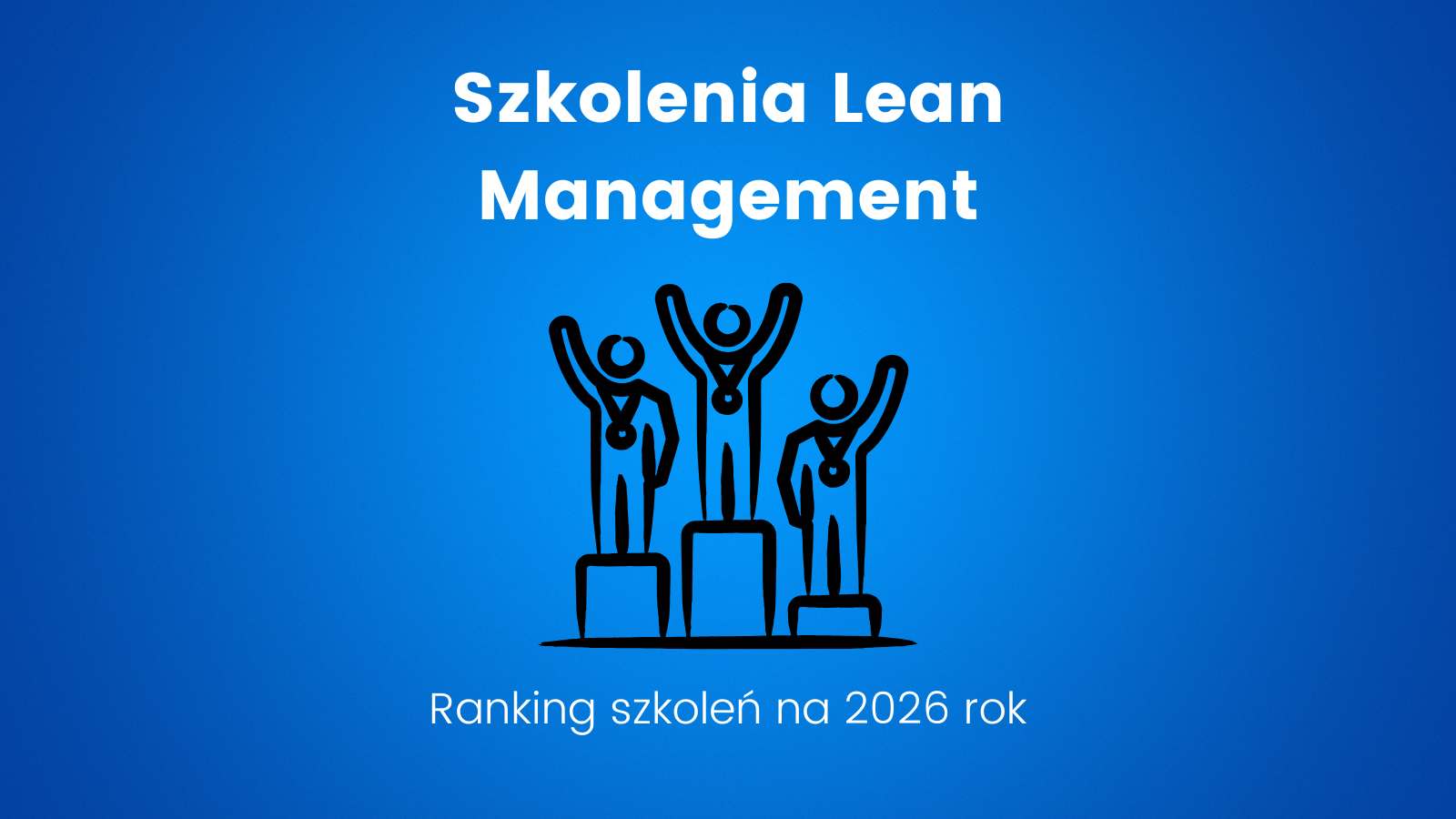Team management – understanding differences. It happened – Carolina was terminated from her job. Soon, the situation will be analyzed by her colleagues, who significantly differ from each other… The team leader decides to gather his team, of which Carolina was a part, and inform them about the situation that has arisen. At the face-to-face meeting, 10 people show up and a discussion ensues, the team decides to talk the matter over.
Table of Contents
ToggleTeam Management: Facts vs. Feelings
Voices are heard:
- Part of the team says: listen – the TRUTH is that each of us has set sales targets and KPIs, and she did not meet her tasks for the last six quarters, causing each of us to increase efficiency by 25% and cover her results.
- Another part of the team responds: generally, we feel disappointed, this is not how it’s done, it was NOT FAIR, we had to cover her deficit for the last quarters. Honest and loyal people do not act like this.
Different Perspectives: Perception and Differences
What about your team – what do individual people say?
Do you know what PERCEPTION is?
It’s looking at the same thing, hearing the same thing, but perceiving something completely different. For example, we can look at the process of Carolina’s departure, and each of us may see something completely different. We can look at the results table – some of us may see a 6.37% gap in results over time, and some of us may see communication problems behind it, and each may be right.
Team Management – Psychological Preferences
Thus, each of us can see the world differently! Indeed, in this story, there appeared the first pair of opposing psychological preferences introduced to us by Carl Gustav Jung, which confirms on what basis we differ from each other:
1) THINKING vs. FEELING – they tell us how we make evaluations of a specific situation, analyze it, present our arguments, but also based on what we make decisions. (Do not confuse thinking with intelligence, and feelings with emotions).
- Those who first spoke evaluated the situation in the language of THINKING. The evaluation was based on FACTS, that is, based on objective criteria – there were rules of the game, and they were not adhered to. That is the truth.
- Those who spoke second evaluated the situation in the language of FEELINGS. The evaluation was based on their BELIEFS and VALUES, that is, subjective criteria – there are certain moral standards that one upholds as a person. That was not fair.
But that’s not the END. The boss noticed that during the meeting, some people were listening carefully to the discussion, observing the course of events, collecting data, while others needed to pour out all the words dwelling within them. He remembered that this is almost always the case…
Summary and Encouragement
Team management – understanding differences. I encourage you to finish this story in the article and delve into its content, if:
- You are building or have built a new team – you will save time and communication errors.
- Your people are not achieving their goals – you will verify the way they are achieving them.
- You are not getting along with the boss or an employee – you will get their user manual.
She is an expert in communication with managerial experience in large corporations such as ING Bank and PKO BP. She has years of experience in team management, training, and sales - as an experienced team manager, bank branch director, PCC-level ICF coach, and owner of Manufaktura Lidera. Together with the team, they help the management and managerial staff to build effective communication within the company and develop efficient teams. Everything they teach, they have practiced or are currently practicing.







